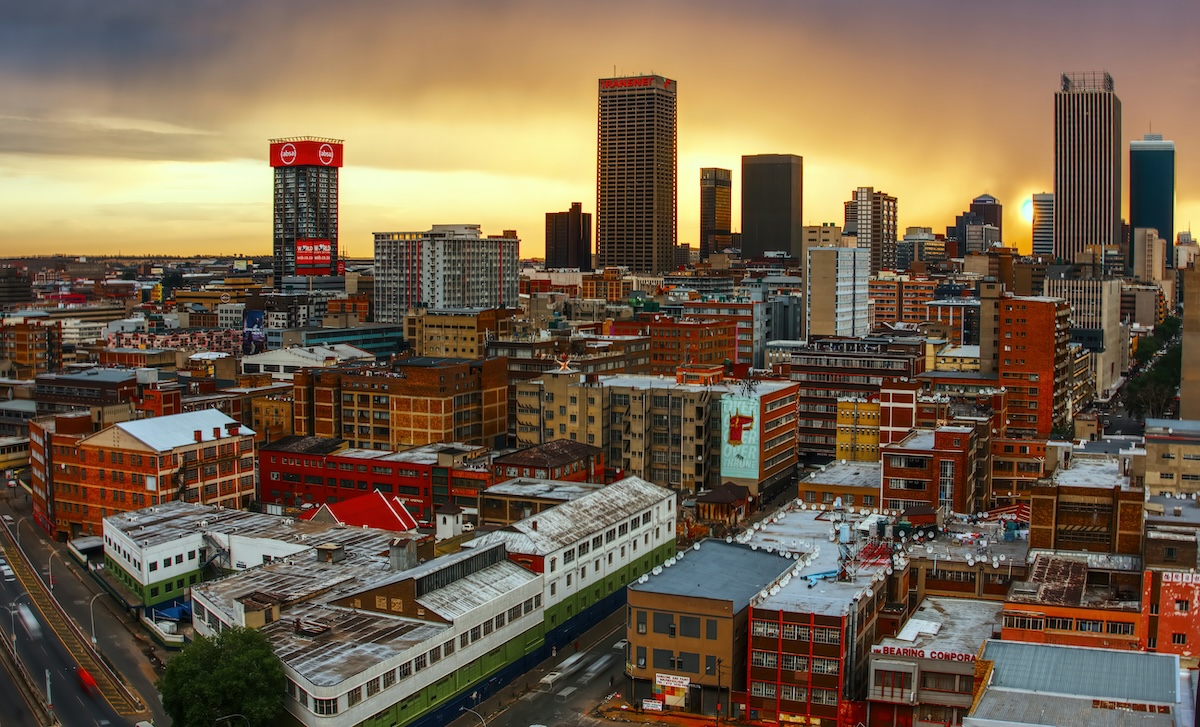ImpactAlpha, June 5 – Trauma and fatigue and frustration and grief and anger in the Black community poured into the streets this week. Anger about what happened to George Floyd and Breonna Taylor and Ahmaud Arbery, and what hadn’t happened to the police and perpetrators that killed them. The anger, too, civil-rights lawyer Bryan Stevenson of the Equal Justice Initiative told The New Yorker, “is about continuing to live in a world where there is this presumption of dangerousness and guilt wherever you go.”
Black Lives Matter, Movement for Black Lives, Color of Change, Campaign Zero and dozens of other groups mobilized. Neighbors, friends and allies joined in. Protests spread to cities in all 50 states and from New Zealand to Brazil to France, where the death of Adama Traoré, who died in police custody four years ago, became the catalyst for French protests. In the U.S., protesters withstood tear-gas, flash-bang grenades, rubber bullets and police batons. Over 11,000 people were detained. A legion of digital activists tuned in and #blackedout, signaled support and crowdfunded bail funds, GoFundMe’s and advocacy organizations.
Agents of Justice (h/t U.S. Sen. Cory Booker) marched on. By the end of the week, they had built one of the largest civil rights movements in history.
Now what? While demanding immediate justice, advocates are also pushing systemic change. Protesters are taking reforms, such as oversight committees, demilitarization of the police, and investments in communities of color, directly to city officials.
Campaign Zero put forward eight policies to reduce police violence, by limiting police interventions, improving community interactions and ensuring accountability. At Floyd’s memorial, Rev. Al Sharpton called for a March on Washington on Aug. 28, the anniversary of Martin Luther King’s 1963 ‘I Have a Dream’ speech.
“We can change the culture of institutions in this country,” Stevenson said. “We need people to vote, we need people to engage in policy reform and political reform, we need people to not tolerate the rhetoric of fear and anger that so many of our elected officials use to sustain power.”











